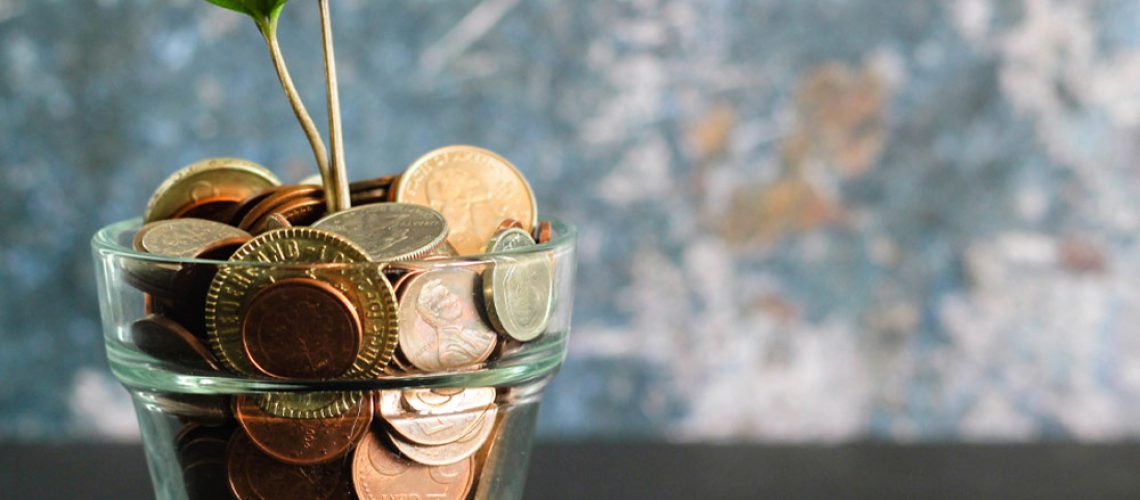The main difference between leasing and buying a solar system lies in whether you get ownership or not. If you purchase the solar panel system and finance it with a solar loan or pay cash, you become the owner. If you buy with cash this happens immediately but if you take up a solar loan you will become the owner after the loan has been paid. If you decide to lease a solar system, however, you will never become the owner.
This affects the financial offsets, terms, maintenance, cost, re,turn on investment and finally also the savings your solar panel system will realize.
Both options have clear pros and cons. At the end of the article we will pick a winner…but first look at the pluses and minuses of each system to see if you agree.
Processing time
A solar lease can be approved and signed within minutes in the comfort of your lounge. You will still, however, be committing yourself for the next 20 to 25 years. A solar loan will take longer to get approved because there might be administrative hurdles such as title searches, property appraisals, and mortgage filings to attend to.
Monthly cost
Solar leases are typically offered for a 20- or 25-year period. Solar loans can be arranged for anything from 5 years to 20 years. The shorter the loan term, the higher the monthly repayment will of course be. Where solar loans normally have a fixed monthly repayment, solar leases typically increase at a predetermined rate of between 1 and 3 percent per year.
So even if you start with the same monthly payment, a solar lease could cost up to 34 percent more per month than a loan repayment after 10 years.
Financial incentives and tax credits
Owners of solar panel systems qualify for an ITC (Investment Tax Credit) equal to 26 percent of the initial cost of the system. Some states also offer additional incentives and rebates. Apart from that, you can deduct the interest on a secured solar loan from your taxable income. If you opt for a solar lease, however, you are not the owner of the system so you will not qualify for any tax credit or other financial incentive. The company that owns the system will get these benefits.
The market value of your property
Homeowners will typically get a better price for their home if it has a solar system financed by a loan instead of a leased system. These homes usually also sell faster. This is because the new owner gets an asset (the solar system) whereas with a leased system he or she could be asked to take over the lease for a system that will never belong to them.
Maintenance costs
Leasing companies will often use the fact that they offer a service program that covers the cost of any possible maintenance issues that could arise during the contract term as an argument why their product is better than a system financed by a loan. After all, if you sign up for a solar loan to buy your PV system you are the owner, so if it breaks you must have it fixed at your own cost.
The truth is, however, that system maintenance is rarely an issue. The bulk of solar panels come with a 25-year warranty and inverters typically come with a 10 to 25-year warranty. Even the installation itself is usually covered by a warranty from the solar installer.
The bottom line
There are many arguments in favor of buying your solar panel system outright and financing it with a solar loan. The arguments in favor of solar leases mostly center around potentially expensive maintenance issues – but the likelihood of this happening is so remote that it can for all practical purposes be disregarded.
Sources:
https://www.energysage.com/solar/financing/should-you-buy-or-lease-your-solar-panel-system/
https://www.sunrun.com/go-solar-center/solar-faq/whats-a-solar-lease-or-ppa


